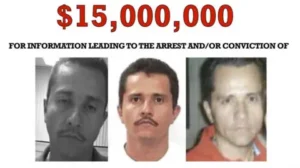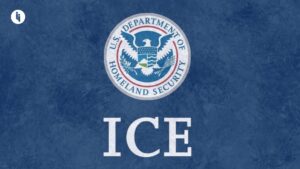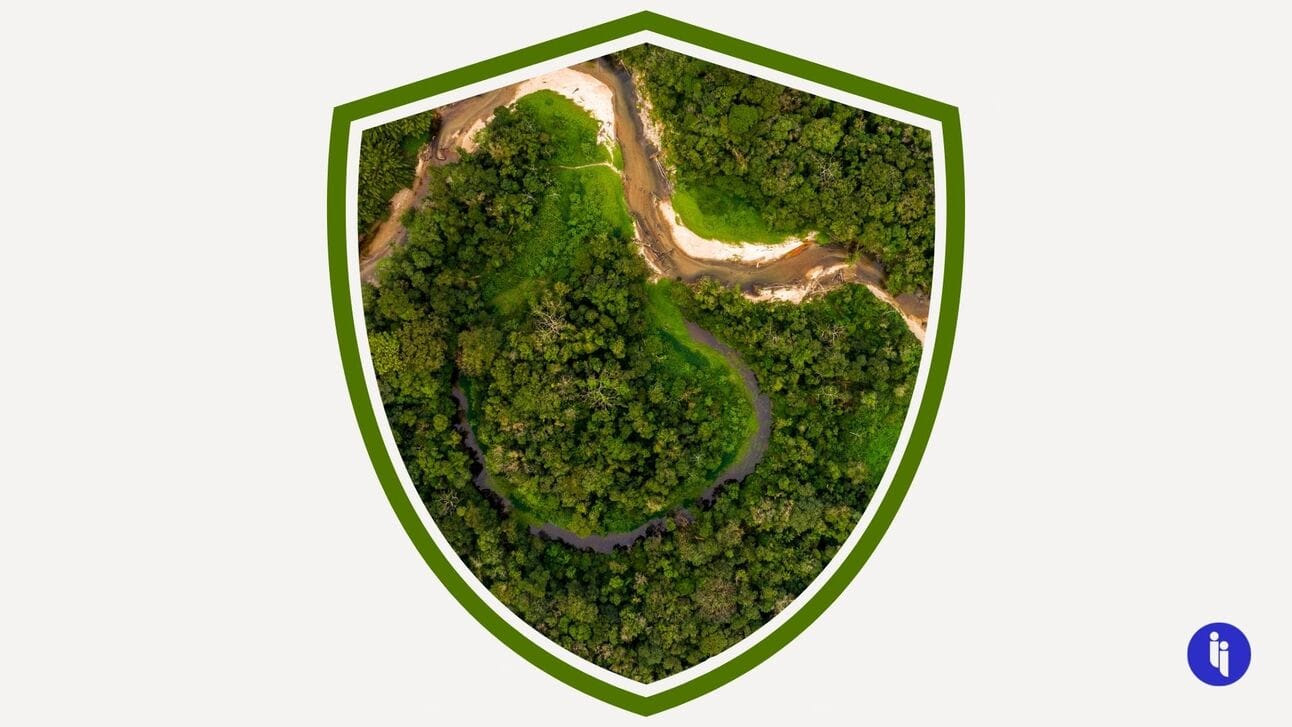The eight Amazon nations (Bolivia, Brazil, Colombia, Ecuador, Guyana, Peru, Suriname and Venezuela) signed the Belem Declaration this week to protect the Amazon, during their first Amazon Summit in 14 years.
The Amazon is huge – it’s 87% the size of the contiguous United States. Deforestation has already claimed about 17% of it – the size of France. And lately it’s been losing an area roughly the size of Jamaica each year.
The main deforestation driver is agriculture (cattle / soy), enabled by:
Stay on top of your world from inside your inbox.
Subscribe for free today and receive way much more insights.
Trusted by 160,000+ subscribers
No spam. No noise. Unsubscribe any time.
- 🤷 A lack of government presence across much of the ecosystem
- 🤨 Limited cooperation in the region after years of low trust
- 👨🌾 A general urgency to generate local jobs and development, and
- 🥩 Huge global demand for goods produced on Amazon land.
So there were high hopes for this Summit (particularly with Brazil’s new president as host), but the results look pretty mixed:
- 🏞️ There was no firm pact to end deforestation (one key hold-out was Bolivia, which sees agriculture as a way to tackle poverty)
- 🛢️ And there was no agreement to end new oil exploration (Brazil is mulling a possible new project near the mouth of the Amazon).
Instead, the nations signed the 10,000-word Belem Declaration (the summit took place in the Brazilian city of Belem). It pledges more work on issues like law enforcement and indigenous rights, and leaves each country to set their own deforestation goals.
Intrigue’s take: These kinds of international summits are hard (we’ve done them!). But this outcome exposes a couple of divisions, both within the Amazon region, and between the region and the broader world.
Regionally, the division partly looks like this: if Brazil (home to two thirds of the Amazon) has already built a lucrative industry with Amazon land, why can’t we?
And globally, it looks a bit like this: if the Amazon is significant for the whole world, why are we and our economies left to shoulder this burden alone?
So the most promising ideas ahead will probably be the ones that best address these two divisions.
Also worth noting:
- Brazil will host the 2025 UN Climate Conference (COP30).
- Deforestation has dropped up to 66% since Brazilian President Lula took office. At this week’s summit, Ecuador’s president suggested reforesting Amazonian pastureland (much of which is in Brazil).






